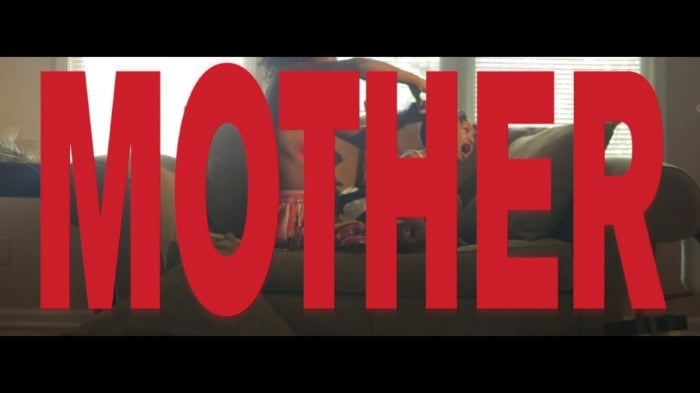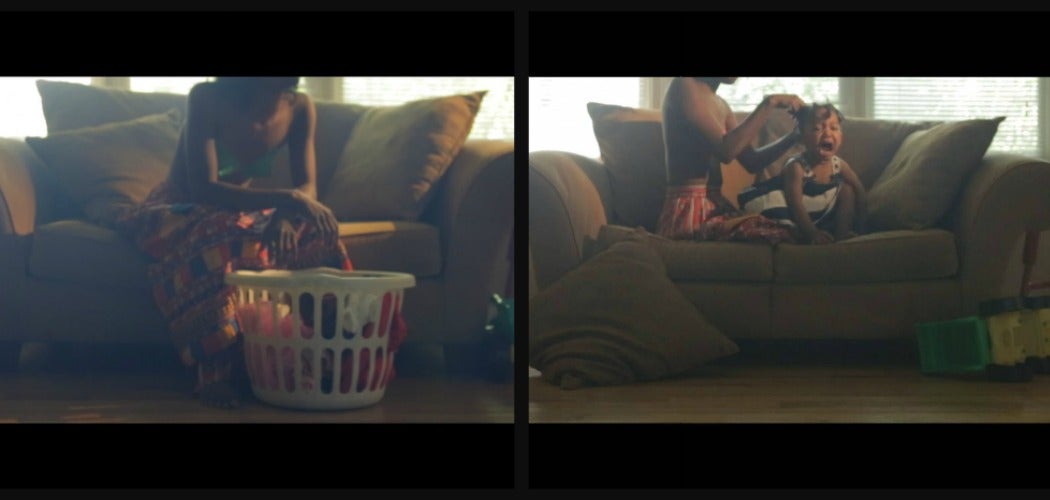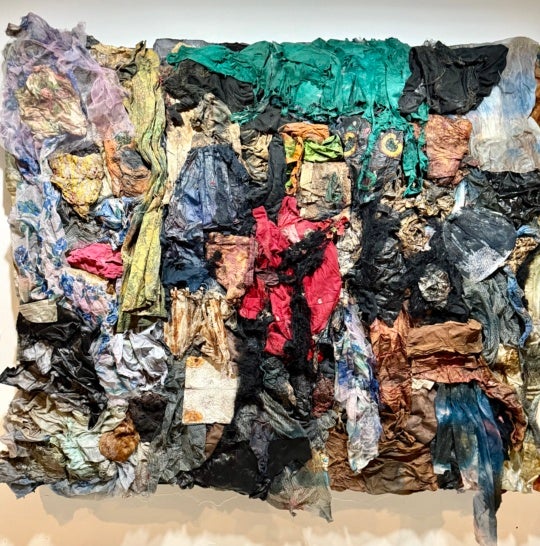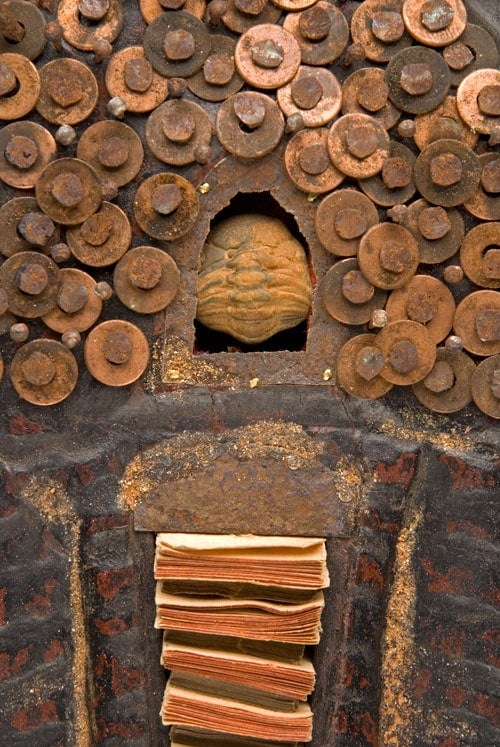
Actress, writer, and producer Danielle Deadwyler had a deep appreciation for the art of exotic dancing long before pole dance classes made it hip. Growing up on Stuart Avenue—now Metropolitan Parkway—in Southwest Atlanta, she frequented strip clubs in her teens and found inspiration in the stage performers who explored black female sexuality, work, and autonomy, through dance. In a multimedia public performance called MuhfuckaNeva(Luvd)Uhs: Real Live Girl, which recently received funding from Idea Capital, Deadwyler will examine these important themes. I met with Deadwyler at the Dancing Goats Coffee Bar in the Old Fourth Ward to discuss her new project.
Annabella Jean-Laurent: How did you come up with the concept for MuhfuckaNeva(Luvd)Uhs: Real Live Girl?
Danielle Deadwyler: I was thinking a lot about black women and sexuality via the stripper pole or sex worker and how that parallels with the domestic black woman. And not just domestic as in the housewife, but domestic as in the woman who works at home, the mother, the person who’s a caretaker. A stay-at-home mom who is doing laundry or combing her daughter’s hair is doing a body’s work that can be applied to a dancer who is on stage, in heels, and required to move her body for a long period of time. Both performances are high impact and take endurance. So what if you juxtapose this domestic black woman with this sexual black woman and allow people to draw whatever contrasts or similarities they want?
AJL: Why did you choose strippers as your subject?
DD: There has always been negativity attached to black women as sexual beings. The idea is, “Don’t be that person,” and if you are you might as well be a bitch, hoe, slut, prostitute, or whatever other names are attached to the person. But when I went to my first strip club, at about 17, I saw that these people are no different from me. Strippers were also the subject of my grad school thesis, and during my research I noticed that many of the women just really like what they do. They’re not always being abused or downtrodden. It could be for the financial independence or for self-exploration, and I thought, this makes sense.

AJL: The show’s title comes from rap lyrics from Drake’s 2013 song “Worst Behavior.” Why did you select those particular lines?
DD: “Mother” and “fucker” are aligned. You can’t have one without the other, and yet there is this notion that mothers are not sexual beings. When Drake raps neva loved us, he is talking about himself as a black man, but there is an admiration for black men in hip hop—although its been corporatized and commoditized—that doesn’t exist for black women. So using the Drake song as the title of my piece MuhfuckaNeva(Luvd)Uhs, I’m doing two things: stressing that sexuality is a part of who black women are (Muhfucka) and addressing the lack of admiration there is for black women in society (Neva(Luvd)Uhs).
AJL: What are your thoughts on Atlanta’s strip club culture today? Has it changed since you first started going in your teens?
DD: It’s shifted. It wasn’t as heterosexual as it is now. Today it is more of a social spot while back then it was more of a performance environment. I still think it holds traces of sex positive for women. It’s a place that you can go and find women with choices and some sense of agency. Today, we have pole dance classes, and while they are couched as “get fit and healthy!” to normalize it, there is still value in that.
AJL: What message do you hope people will receive from your show?
DD: I want people to decide for themselves. My question would be, “Why do we put value in one thing and not the other? But I don’t want to push a silver lining. I just want to bring forth what is typically in the dark, into the shadow, and let people judge for themselves.




